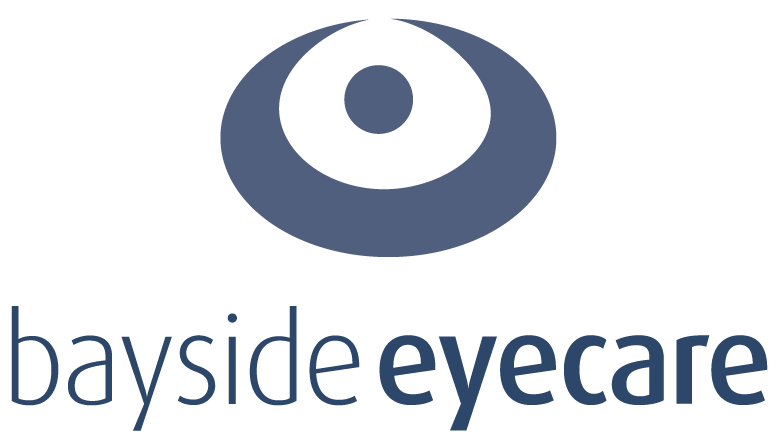When you were a child, your parents may have told you that eating lots of carrots can improve your eyesight, especially at night. This myth is almost a century old, originating in the Second World War as a way for the British Royal Air Force to cover up their use of radar technology, allowing them to see incoming aircraft at night. In the years since, this has become one of the most popular household myths across the world, but could there actually be some truth to it?
While the link between carrots and vision isn’t as strong as the myth suggests, it is true that carrots contain an important vitamin that is good for your eyesight.
Are Carrots Good For Your Eyes?
Many people wonder how to improve eyesight. Beyond glasses, contact lenses or lasik, there isn’t a whole lot you can do. Certain vitamins can offer minor benefits to your eye health, although they aren’t likely to make your eyesight any stronger. Eyesight is crucial to our quality of life, so it is important to take care of it, which includes making sure your body is getting the right vitamins for long-term eye health.
One of these vitamins is retinol, more commonly known as vitamin A. Carrots contain plenty of beta-carotene, which is what gives them their vibrant orange colour. Beta-carotene is also what the body converts into the essential vitamin A. Retinol is so important for eyesight that it is named after the retina, as it allows us to distinguish light and dark contrasts.
While carrots are packed with vitamin A, they are no better for your eyesight than numerous other healthy foods, including green leafy vegetables, fruits and nuts, which can often be even richer in retinol. Ultimately, the myth about carrots and eyesight isn’t unfounded, but it does paint a misleading picture about the potential vision improvements offered.
How Can I Improve My Eyesight?
If you are wondering how to get better eyesight, the solution starts with a trip to the optometrists. They can test the health of your eyes, along with checking if you could benefit from glasses or contact lenses. However, you should still include vitamin A, other vitamins, minerals and antioxidants in your diet to protect and maintain overall eye health and vision. To keep your eyes at their best and reduce the risk of serious eye diseases, make sure to include the following vitamins and nutrients in your diet.
Lutein and Zeaxanthin
If you want to reduce the risk of getting chronic eye diseases, having lutein and zeaxanthin in your diet is a good way to do so, according to numerous studies. These can be found in colourful fruits and vegetables, such as corn, peas, tangerines and broccoli, as well as dark green leafy vegetables.
Vitamin C
Vitamin C is one of the most well-known vitamins, and for good reason – evidence suggests that vitamin C can lower the risk of cataracts, as well as slow the progression of other age-related eye issues if taken with other important nutrients. Fruits such as oranges, strawberries, tomatoes and grapefruit are excellent sources of vitamin C.
Vitamin E
Another vitamin that is crucial to eye health is vitamin E, which can protect your eyes from unstable molecules that break down healthy tissue. To get your regular intake of vitamin E, make sure to include vegetable oils, sweet potatoes or nuts in your diet.
Zinc
While zinc may not directly improve your eyesight, it does play an important role in helping vitamin A do its job properly. Zinc moves vitamin A from the liver to the retina, allowing it to produce melanin. Vision issues such as cataracts and poor night vision have been linked to a deficiency of zinc. Red meat, shellfish, nuts and seeds are good sources of zinc.
While carrots may not be as essential as your parents made them sound, they do contain an important vitamin for good eyesight. Vitamin A is important for maintaining the quality of your eyesight, but it isn’t likely to be the answer to improving your vision.
If you have issues with short-sightedness or long-sightedness, the best solution is going to be a good pair of glasses or some contact lenses. Thankfully, Bayside Eyecare is here to help with exactly that. Just book an appointment with us online, or give our friendly team a call on (03) 9909 5329, and our optometrists will be ready to help with all your vision needs.

 (03) 9596 1238
(03) 9596 1238


